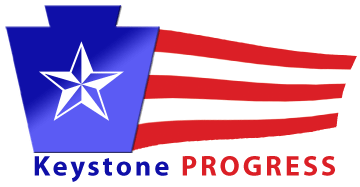Monday marked the beginning of the Supreme Court oral arguments on the legality of the Affordable Care Act. The central question in the case now pending before the Supreme Court is whether Congress the authority to require individuals to have health insurance. Opponents of the law argue that it exceeds the legitimate authority of the national government.
However, the legal challenges to the Affordable Care Act are not about the law but about political games that will take away benefits from millions of Americans and put insurance companies back in charge. These political games and misleading rhetoric have been the basis for much misinformation surrounding the landmark legislation, which have ultimately led arguments to the court.
But, at the Supreme Court, nearly 200 years of precedent establish that Congress has the power to regulate the economy. Leading experts suggest that there can be no doubt that the economic effects of the health care industry on interstate commerce are huge, comprising more than 17 percent of the entire national economy. Thus, whatever the merits of the individual mandate in terms of public policy, there seemed no serious question about its constitutionality.
Further, leading conservative judges have agreed that challenges to the health care law have no basis in either the text of the Constitution or Supreme Court precedent.
While it is unclear how the court will rule, it is obvious that repeal would have a direct impact on millions of people nationwide who have already benefited from the Affordable Care Act.

No comments:
Post a Comment